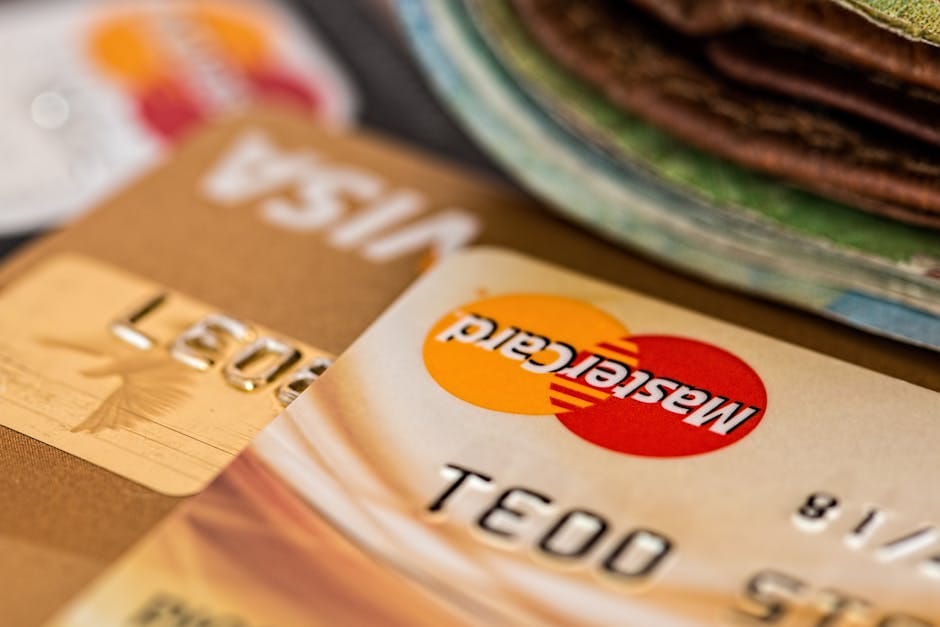My credit journey has been nothing short of a rollercoaster. In my early 20s, I found myself with a poor credit score of around 550. Reckless spending and a lack of financial literacy had put me in a deep financial hole. Determined to turn my situation around, I embarked on a mission to improve my credit.
The first step was to understand how credit scores worked. I learned about the different factors that influence them, such as payment history, credit utilization ratio, and the length of my credit history. Armed with this knowledge, I set out to make a change.
I started by paying off my debts aggressively. I created a budget and stuck to it, making a point of paying my bills on time, every time. This consistency gradually improved my payment history, one of the most important factors in determining a credit score.
Next, I worked on reducing my credit utilization ratio. This ratio measures the amount of credit you're using relative to the total amount available to you. By paying down my debts and avoiding new loans, I gradually lowered my utilization ratio. This showed lenders that I was managing my credit responsibly.
As I continued to make progress, my credit score slowly started to rise. It wasn't an overnight fix, but over time, the positive changes I made were reflected in my score. I went from a poor credit score to a good one, and eventually, to an excellent one of over 800.
Improving my credit score was a challenging but transformative experience. It taught me the importance of financial responsibility and the power of perseverance. I now have access to better loan terms, lower interest rates, and financial opportunities that would have been closed to me with a poor credit score.
If you're struggling with a low credit score, don't despair. It's possible to turn things around with time, effort, and determination. Here are a few tips to get you started:
* **Pay your bills on time, every time.** This is the single most important factor in determining your credit score.
* **Reduce your credit utilization ratio.** Aim to keep your balance below 30% of your available credit limit.
* **Don't open too many new credit accounts in a short period of time.** This can negatively impact your credit score by reducing your average account age.
* **Dispute any errors on your credit report.** Incorrect information can lower your score, so it's important to correct any mistakes.
* **Be patient.** Improving your credit score takes time. Don't get discouraged if you don't see immediate results. Just keep making positive changes, and your score will eventually improve.
Remember, your credit score is a reflection of your financial behavior. By making responsible decisions and managing your credit wisely, you can build a strong credit score that will open doors to financial opportunities for years to come.

